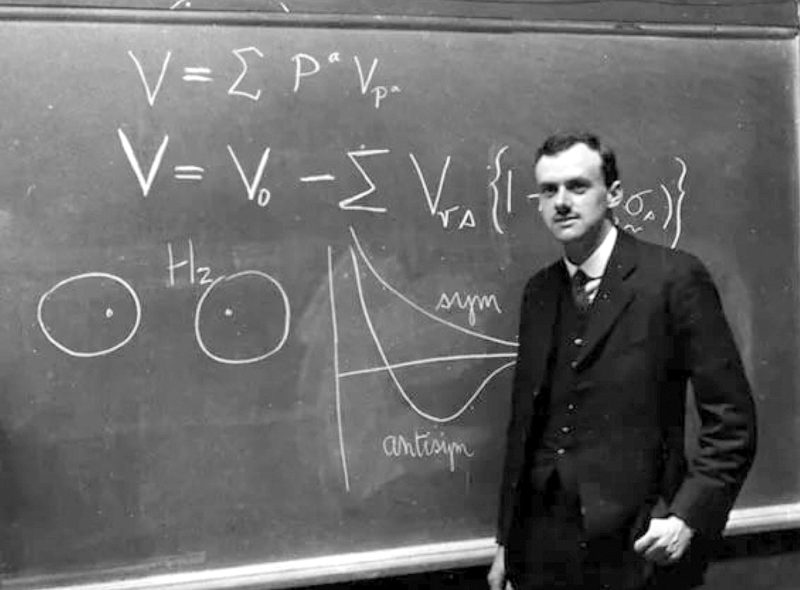Paul Dirac, one of the most renowned theoretical physicists of all time, was also an enigmatic figure, known for his peculiar character. Danish physicist Niels Bohr famously referred to him as the “strangest man” after their first encounter, which marked the beginning of a deep professional and personal connection. Dirac’s style was legendary for its clarity and simplicity, but his personality was marked by eccentricities that left a lasting impression on those around him.

His colleagues at Cambridge described him as a “thin, meek, shy young man,” who walked the streets “like a thief,” avoiding attention and living an isolated life. Albert Einstein once remarked, “I have a lot of problems with Dirac. This balancing on a dizzying path between genius and madness is terrible!”
Dirac made groundbreaking contributions to physics, such as quantizing the gravitational field, formulating a logical view of quantum mechanics, and predicting the existence of antimatter. Despite his scientific brilliance, his eccentric behavior was well-known. For example, during a dinner, when a guest remarked that it was a “wonderful evening,” Dirac responded only after checking the weather, saying, “Yes.” This precise, logical way of living extended to all aspects of his life.
At a party in Copenhagen, Dirac proposed a theory about the optimal distance at which a woman’s face appears most attractive. When physicist George Gamow interrupted, asking how close Dirac had ever seen a woman’s face, Dirac humorously responded, “About that close!” with his palms about a meter apart.
Dirac’s unapproachable demeanor was evident in his lectures as well. At the University of Toronto, when a student asked for clarification on a formula, Dirac coldly responded, “This is not a question, this is an observation. Next question, please.” He had little patience for misunderstandings, and when a student once remarked, “I don’t understand that second equation,” Dirac simply replied, “It wasn’t a question, it was a statement.”
He was also famously uncomfortable around women. On a transatlantic voyage with Werner Heisenberg in 1929, Dirac observed Heisenberg flirting with women and asked, “Why are you dancing?” When Heisenberg explained that it was “nice” when there were beautiful girls, Dirac replied, “But how do you know in advance that girls are beautiful?”
Dirac was dismissive of philosophy, literature, and poetry, once saying, “If science is an attempt to explain in comprehensible words what people did not know before, then poetry is an expression of what everyone already knows, in words that no one can understand.” He also had little respect for religion, believing that scientists should be honest in admitting it contained no basis in reality. However, he once remarked that God used unusual mathematics to create the world, prompting Austrian physicist Wolfgang Pauli to humorously declare, “God does not exist, but Dirac is his prophet.”

Dirac’s life was a testament to the balance between unparalleled intellectual brilliance and an idiosyncratic, often misunderstood, personality. His legacy in the field of physics remains unmatched, while his personal quirks continue to fascinate and intrigue those who study his life.


